On the 5th of June 2023, the TECTONIC project convened a significant virtual meeting to discuss progress and share ideas for the next activities to support their mission of documenting and safeguarding UCH while ensuring its accessibility for present and future generations.
Led by M.F. La Russa, the University of Calabria Project Coordinator, the Mid-Term meeting commenced with a warm welcome and an introductory speech to all the other partners, which were the Institute of Atmospheric Sciences and Climate, National Superintendency for Underwater Cultural Heritage and 3D Research s.r.l. from Italy, the Spanish Bisite Research Group of the University of Salamanca, Foundation for Research and Technology Hellas, University of Patras and ATLANTIS Consulting from Greece, the Croatian H2O Robotics of the University of Zagreb, the Czech Synpo and the National Institute of Anthropology and Latin American Thought, which operates within the Ministry of Culture of Argentina (CONICET).
The event stressed interdisciplinary collaboration and allowed the international team to discuss the implementation of several work packages related to the project and its general status.
All Work Package leaders delivered a concise presentation of their respective WPs, highlighting the main research objectives, scientific progress based on the Grant Agreement, deviations from the initial work plan, and noteworthy scientific breakthroughs and successes achieved.
One of the key areas of focus was the exchange of skills and expertise among project participants. M. Ricca, in charge of Training, Transfer of Knowledge & Networking, emphasized the significance of secondments in the project. The meeting involved discussions on the implementation of secondments, emphasizing their role in facilitating knowledge acquisition, training activities, and the development of soft skills and career opportunities. Participants also highlighted the importance of a built-in return mechanism, enabling the sharing of knowledge and fostering long-term collaboration.
Effective project management was another vital aspect covered during the meeting. F. Bruno delved into various management aspects, including financial considerations, proposed re-orientations of activities, public relations efforts, ethics, and intellectual property-related matters. Participants engaged in constructive discussions, sharing valuable insights on managing and implementing the project effectively. Ensuring compliance with open access obligations for publications was highlighted as an important aspect of the project’s dissemination strategy.
The meeting also facilitated interactions between representatives from the Research Executive Agency (REA) and seconded staff members. This provided an invaluable opportunity for fruitful discussions and contributed to addressing queries, clarifying project-related matters, and further strengthening the collaborative environment.
In conclusion, the TECTONIC project continues to make significant strides in the field of underwater archaeology, highlighting the importance of collaborative efforts in protecting and preserving our shared cultural heritage for generations to come.
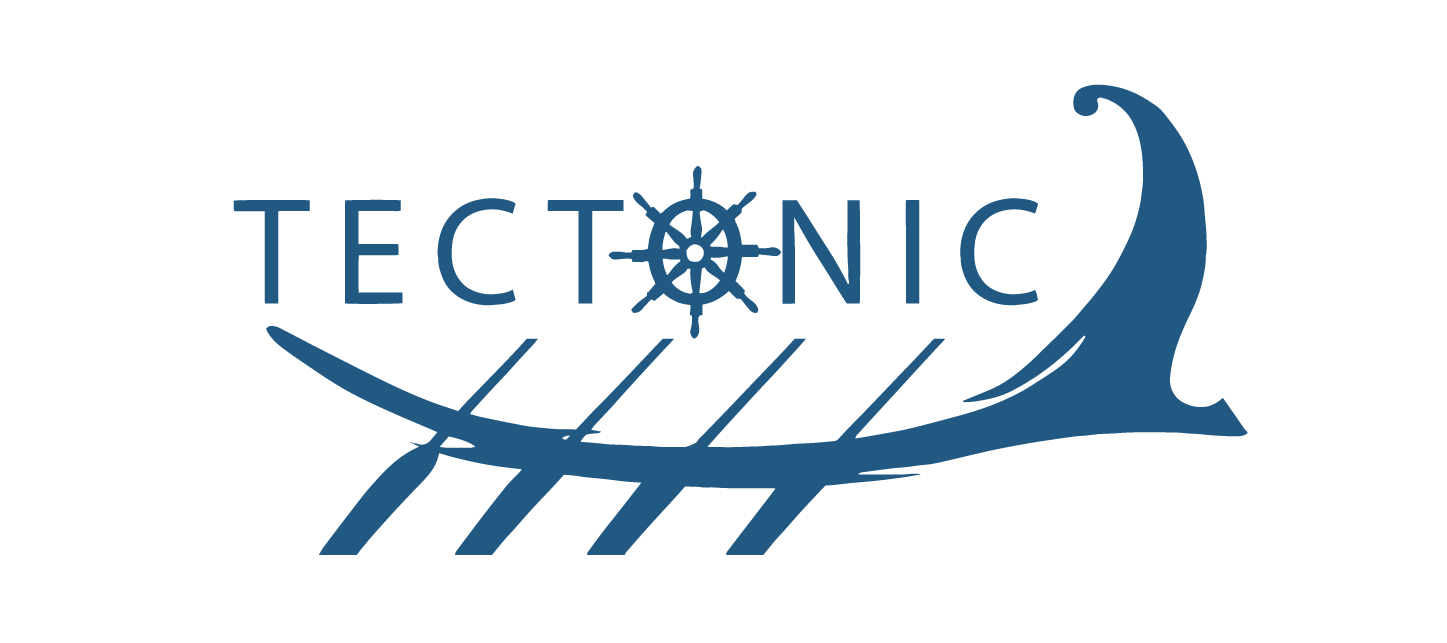
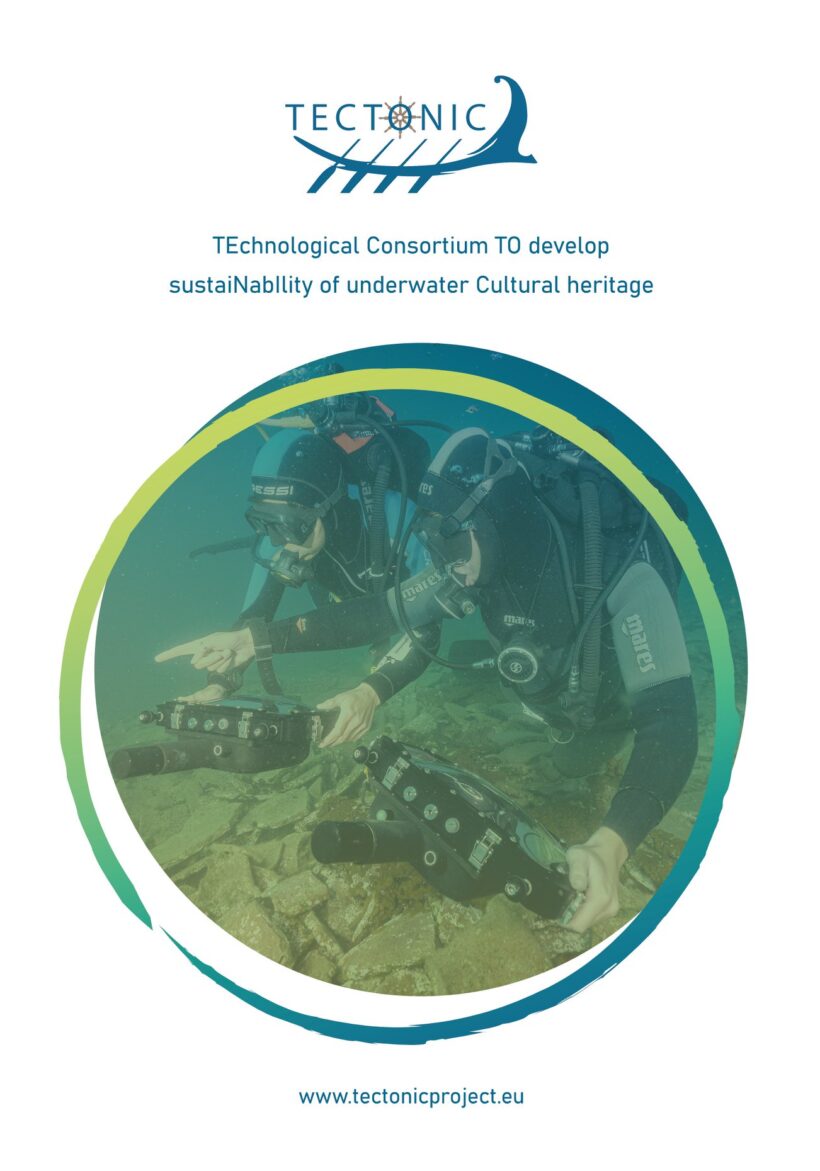
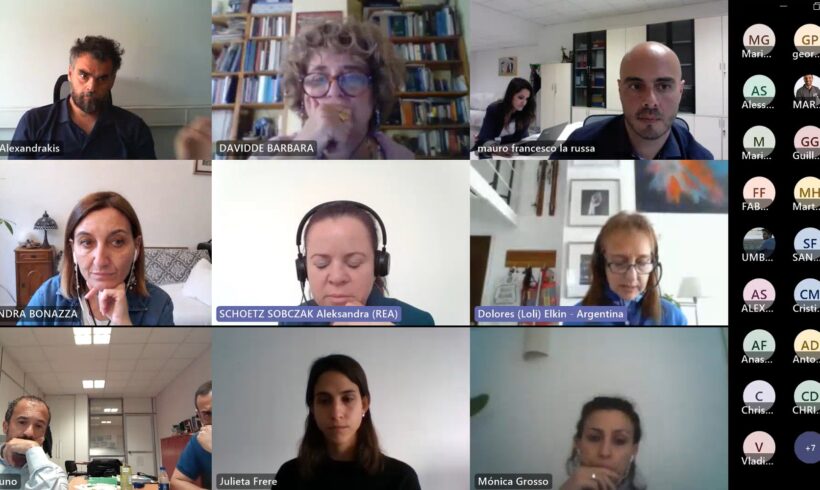
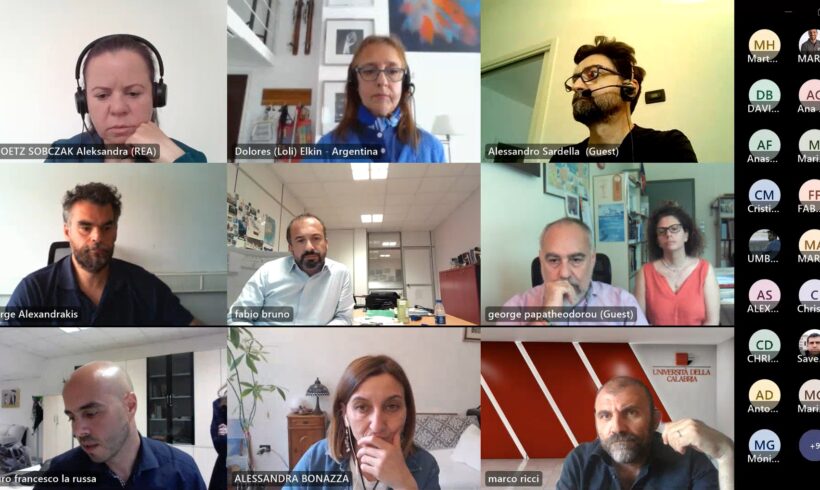
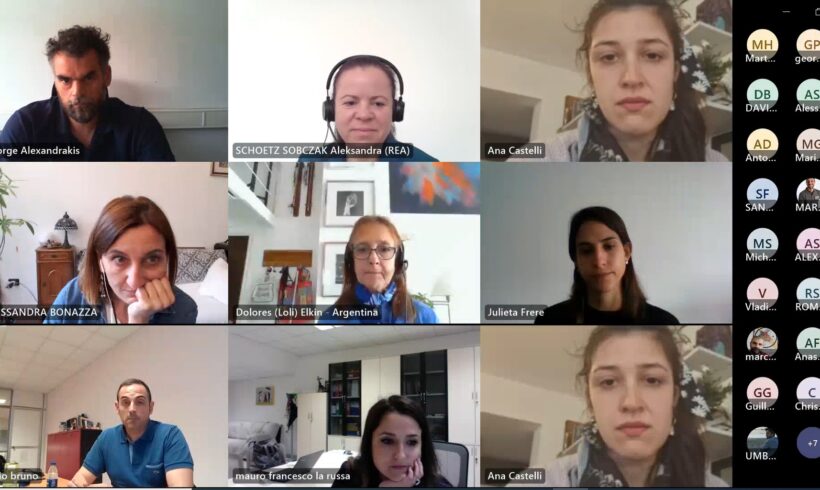
Leave a Reply